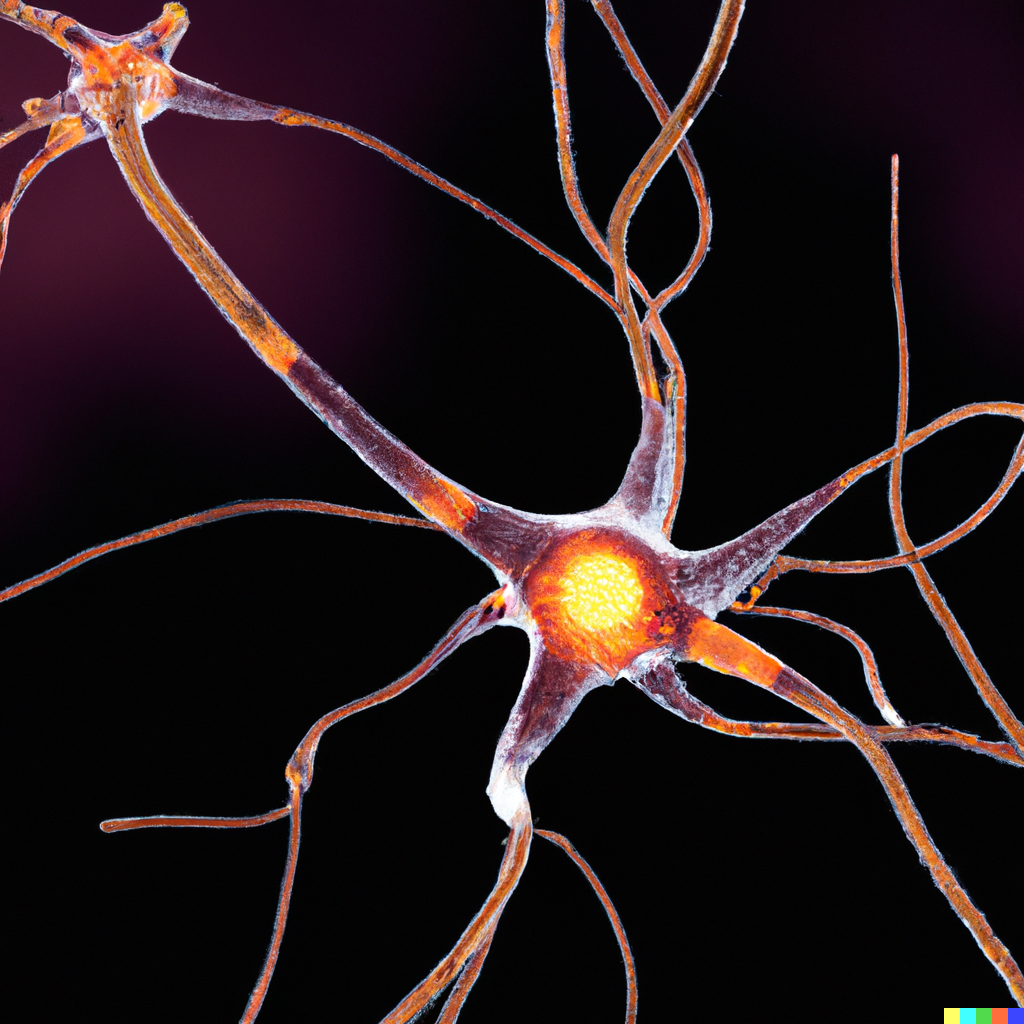The Benefits of Humor in Dementia and Alzheimer’s Care

Dementia is a condition that affects millions of people worldwide, and it can be a difficult and challenging experience for both the person with the condition and their caregivers. However, there is growing evidence that incorporating humor into dementia care can have a significant positive impact on the emotional well-being and quality of life of those affected by the condition. In this article, we will explore the benefits of humor in dementia care and provide some practical tips for incorporating humor into your care routine.
First and foremost, humor has been shown to be an effective tool for reducing stress and anxiety in people with dementia. As the condition progresses, people with dementia may experience feelings of confusion, frustration, and a loss of control over their lives. However, humor can help to alleviate these negative emotions by providing a sense of joy and laughter. When a person with dementia laughs, their body releases endorphins, which are natural mood-boosting chemicals that can help to reduce stress and anxiety.
Furthermore, humor can also help to strengthen social connections and relationships between caregivers and people with dementia. Caregiving can be a stressful and challenging experience, but incorporating humor into your care routine can help to build trust, foster communication, and create a positive and supportive environment. Sharing a joke or funny story can help to break down barriers and create a more relaxed and comfortable atmosphere, which can make it easier to provide care.
In addition to these emotional benefits, humor can also have physical benefits for people with dementia. Laughter can help to stimulate the immune system, lower blood pressure, and improve cardiovascular health. It can also stimulate the brain and help to improve cognitive function, which can be especially important for people with dementia.
So, how can you incorporate humor into your dementia care routine? Here are a few practical tips:
- Use humor in your communication. Try to find ways to inject humor into your conversations with the person with dementia, such as sharing a funny story or making a lighthearted joke. Just be sure to avoid any humor that may be inappropriate or offensive.
- Encourage the person with dementia to engage in activities that they enjoy. Whether it’s watching a comedy show, playing a game, or listening to music, engaging in activities that bring joy and laughter can help to improve their emotional well-being.
- Use props or visual aids. Sometimes, using props or visual aids can help to create a more playful and lighthearted atmosphere. For example, you could use silly hats or costumes, or create a funny cartoon or comic strip to share with the person with dementia.
- Seek out humor therapy or support. There are many resources available that can help you incorporate humor into your dementia care routine, such as humor therapy programs or support groups. These resources can provide you with the tools and guidance you need to effectively use humor in your care routine.

Humor is a powerful tool that can be used to bring joy and laughter to even the most challenging situations. It has been shown to be particularly effective in the context of dementia care, where it can help to alleviate stress, build social connections, and improve cognitive and physical health.
One of the unique aspects of humor is its ability to transcend language and cultural barriers. People from all walks of life and backgrounds can enjoy a good joke or funny story, making it a powerful tool for caregivers who work with people from diverse backgrounds.
In addition, humor can be tailored to suit the specific needs and preferences of the person with dementia. For example, some people may respond well to verbal humor, while others may prefer physical humor or visual aids. Caregivers can experiment with different types of humor to see what works best for the person with dementia and adapt their approach accordingly.
Another unique aspect of humor is its ability to create positive memories and experiences. People with dementia may struggle to remember specific details or events, but they are more likely to remember how an experience made them feel. By incorporating humor into their care routine, caregivers can help to create positive and memorable experiences for the person with dementia, which can help to improve their overall quality of life.
However, it is important to note that humor should be used in a respectful and appropriate manner, taking into consideration the individual needs and preferences of the person with dementia. It is important to avoid humor that may be inappropriate, offensive, or hurtful, and to be sensitive to the unique needs and experiences of the person with dementia.
In addition, humor should not be used as a way to dismiss or ignore the serious challenges associated with dementia. While humor can be an effective tool for improving emotional well-being, it should not be used as a way to minimize or trivialize the experiences of people with dementia.
Despite these considerations, there are many creative and effective ways to incorporate humor into dementia care. For example, caregivers can use music, art, or other forms of creative expression to create a more playful and lighthearted atmosphere. They can also use physical props, such as toys or costumes, to stimulate the senses and create a more engaging and interactive environment.
Furthermore, caregivers can encourage the person with dementia to engage in activities that bring joy and laughter, such as playing games or watching funny videos. These activities can help to create positive and supportive social connections, which can help to alleviate feelings of isolation and loneliness.
Humor is a valuable and effective tool for caregivers who work with people with dementia. By incorporating humor into their care routine, caregivers can create a more positive and supportive environment, improve emotional and physical well-being, and create positive and memorable experiences for the person with dementia. So if you’re a caregiver for someone with dementia, don’t be afraid to experiment with different types of humor and see how it can improve the quality of life for both you and the person in your care.
Incorporating humor into dementia care can have a significant positive impact on the emotional well-being and quality of life of those affected by the condition. By using humor as a tool to reduce stress, strengthen relationships, and improve physical and cognitive health, caregivers can create a more positive and supportive environment that can help to alleviate some of the challenges and difficulties associated with dementia. So, if you’re a caregiver for someone with dementia, try to find ways to incorporate humor into your care routine, and watch as the benefits unfold.





